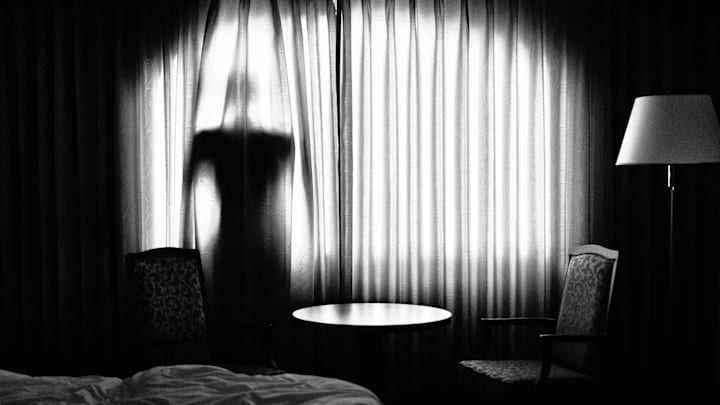“They’re here.” It might be one of the most famous quotes in movies, spoken by young Heather O’Rourke in 1982’s supernatural domestic thriller Poltergeist. The word has taken on a surprisingly sturdy place in English despite being distinctly not of English. And while that Steven Spielberg-produced film did a lot to popularize it, it was paranormal scholar Catherine Crowe who first introduced it to the vernacular.
In 1848, Crowe published The Night-Side of Nature: or Ghosts and Ghost-Seers, one of the earliest attempts—if not the first—to exhaustively chronicle all manner of documented supernatural experiences. It was a compendium of ghosts, death bed visitations, apparitions, and anything else not easily explained by science.
Born in Kent in 1790, Crowe fled an unhappy marriage in 1833 and settled in Edinburgh to try her hand at making a living in fiction. With several novels and short stories to her credit, she was plugged in to the London writer’s scene and was a pen pal of Charles Dickens. According to historian Caroline Nielsen, Crowe even introduced a female detective protagonist, a rarity in crime fiction of the era.
In the non-fiction Night-Side, Crowe made use of two German words: poltergeist and doppelgänger. Poltergeist referred to a mischievous spirit. Poltern means “to knock,” while geist is “spirit.” A poltergeist was therefore a knocking spirit, or one who tried to make their presence known through mischief. (Doppelgänger, from doppel meaning “double” and ganger meaning “goer,” referred to a spirit that was a living person’s duplicate.)
Sadly, Crowe experienced mental health issues not long after The Night-Side was printed. A period of “delusional” behavior ostracized her from a society ill-equipped to understand mental illness. (One possibly apocryphal report repeated by Dickens was that she was found naked and believing herself invisible.) She largely faded from the public eye, dying in 1872 at age 82.
But Crowe’s legacy is an impressive one. The Night-Side was further proof that the public’s appetite for supernatural investigation was hearty. Dickens raved about it, calling it “one of the most extraordinary collections” of ghost phenomena published. It sold through 16 print runs, undoubtedly helping to spread the use of poltergeist in English and giving it enough cache to become the title of an '80s horror classic.
[h/t History at Northampton]
